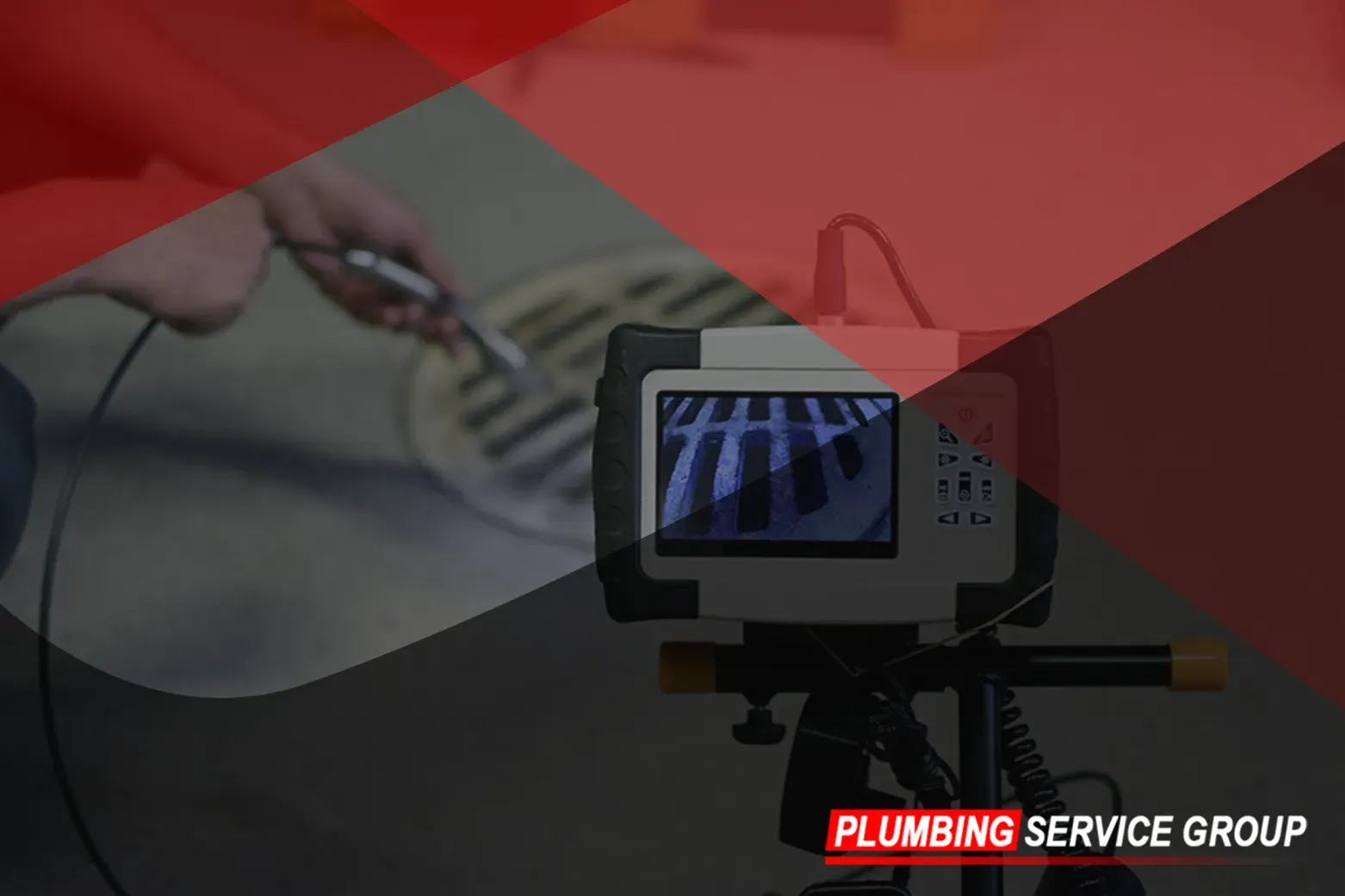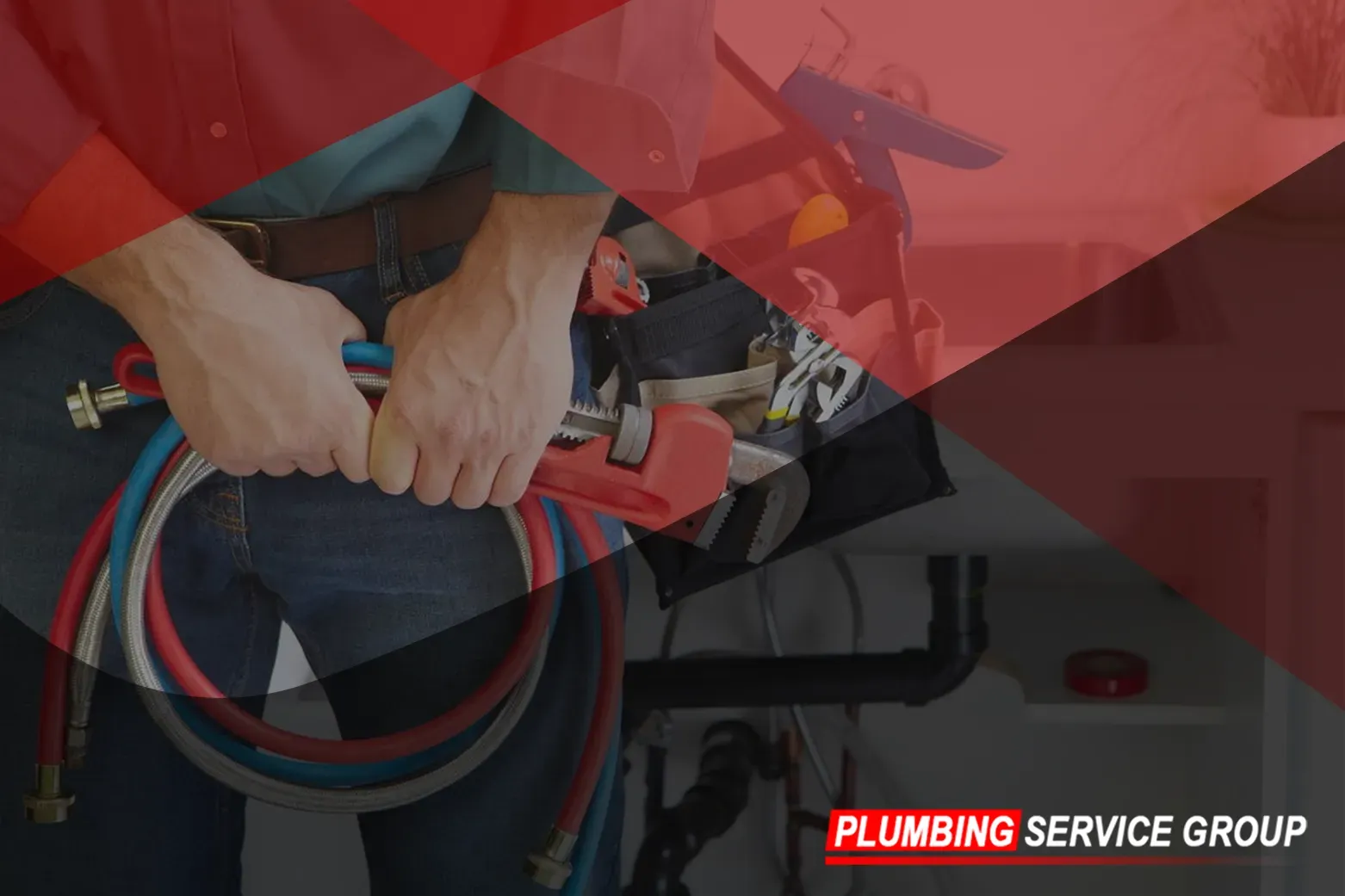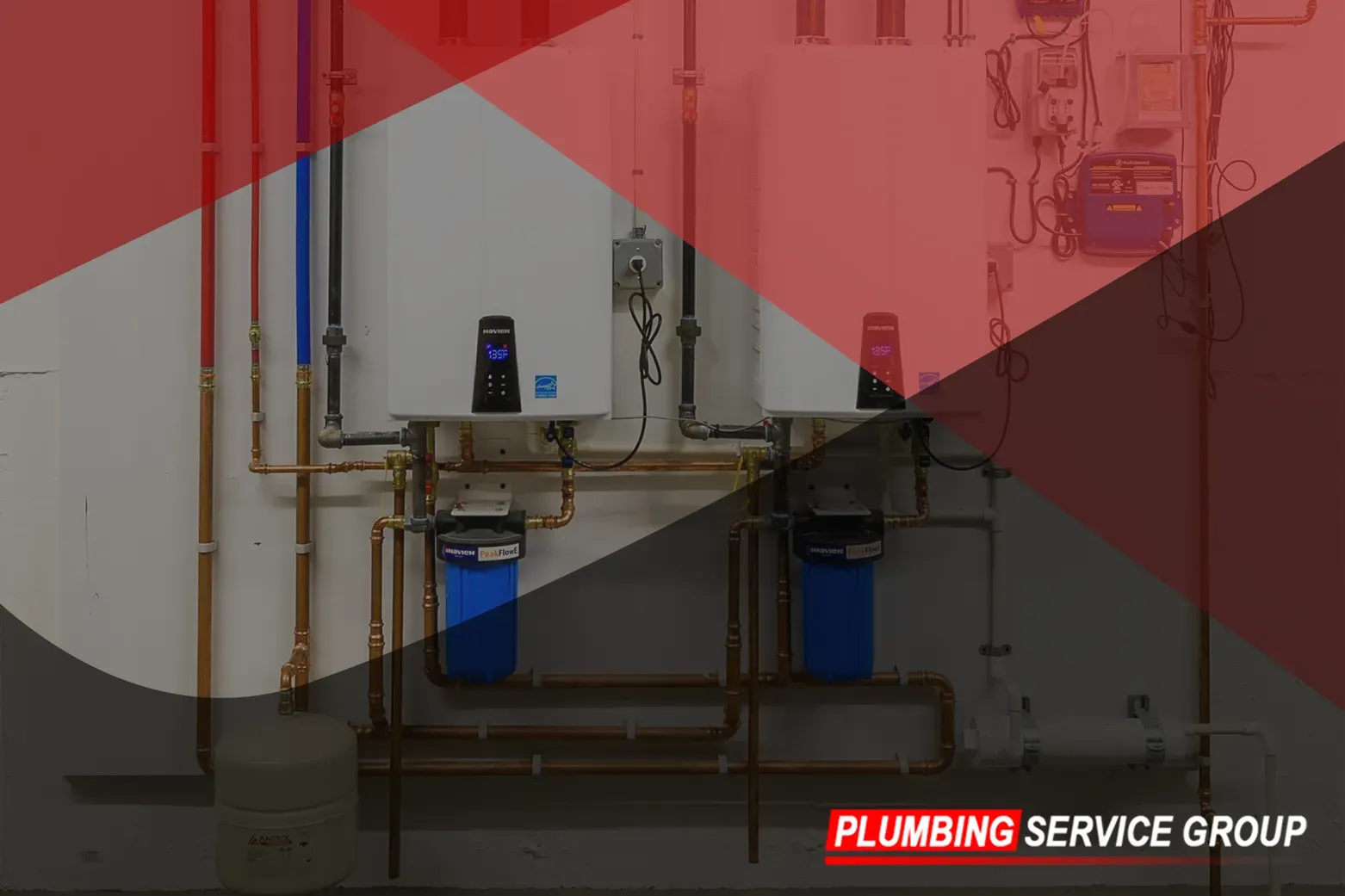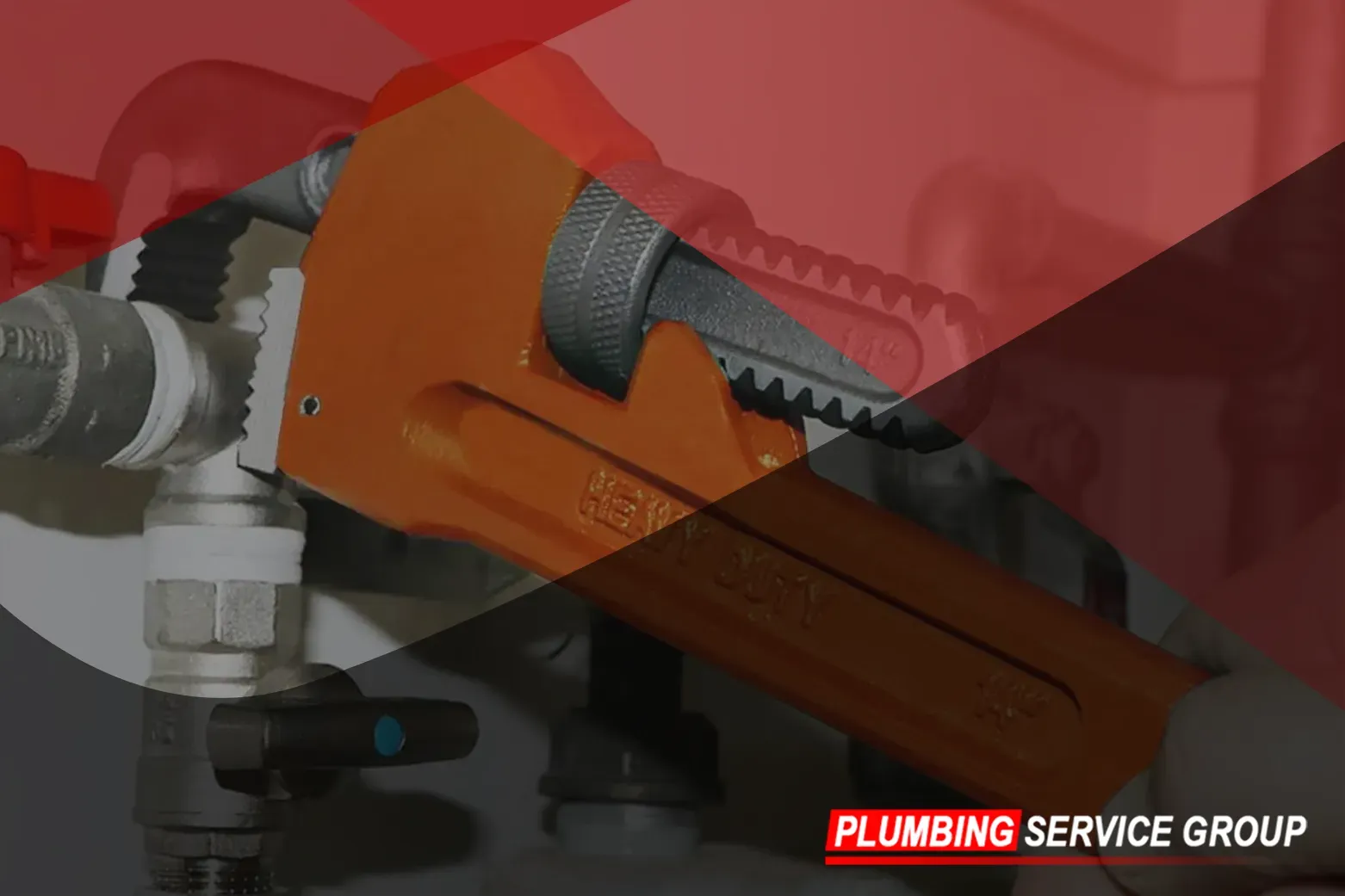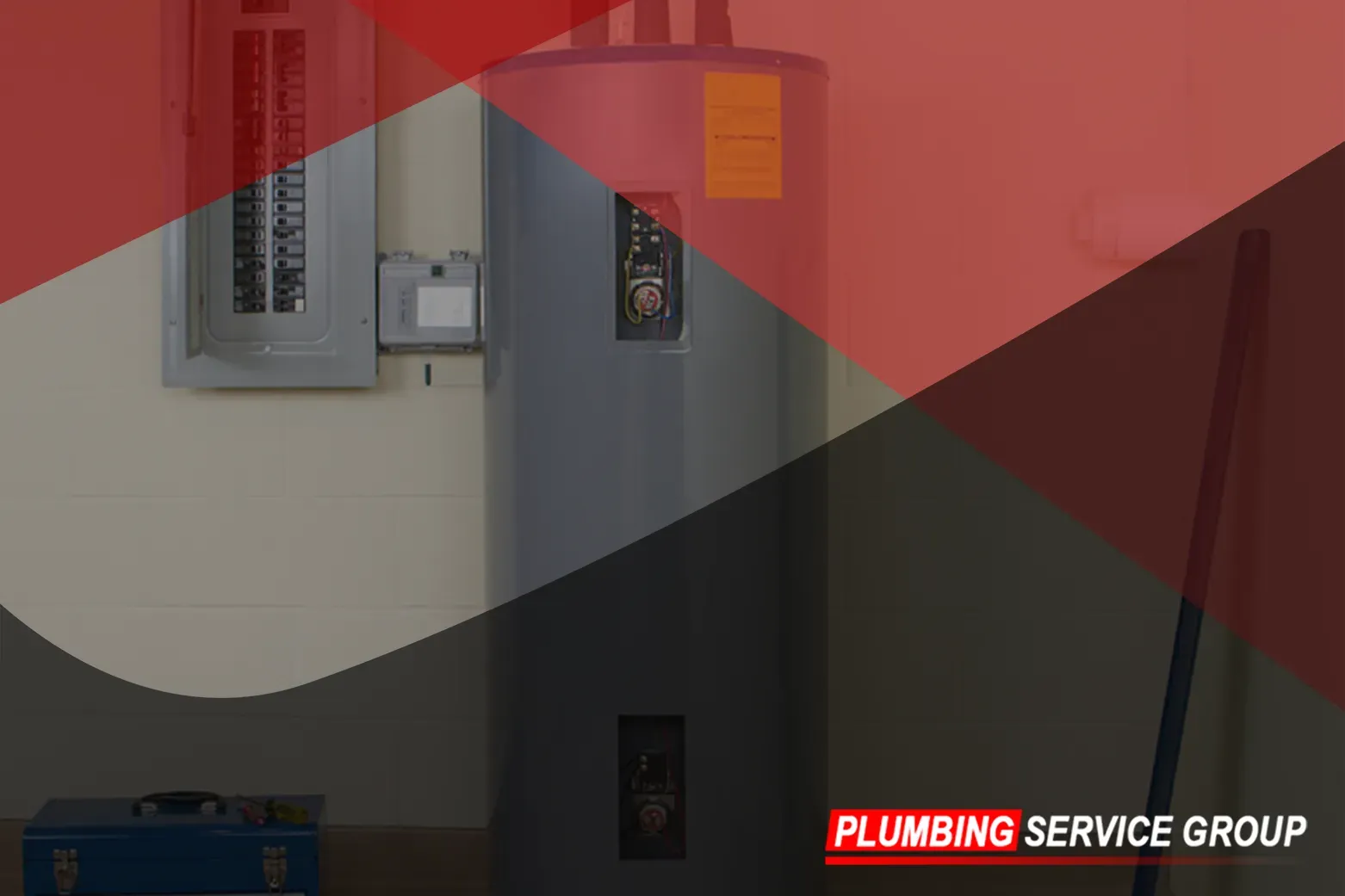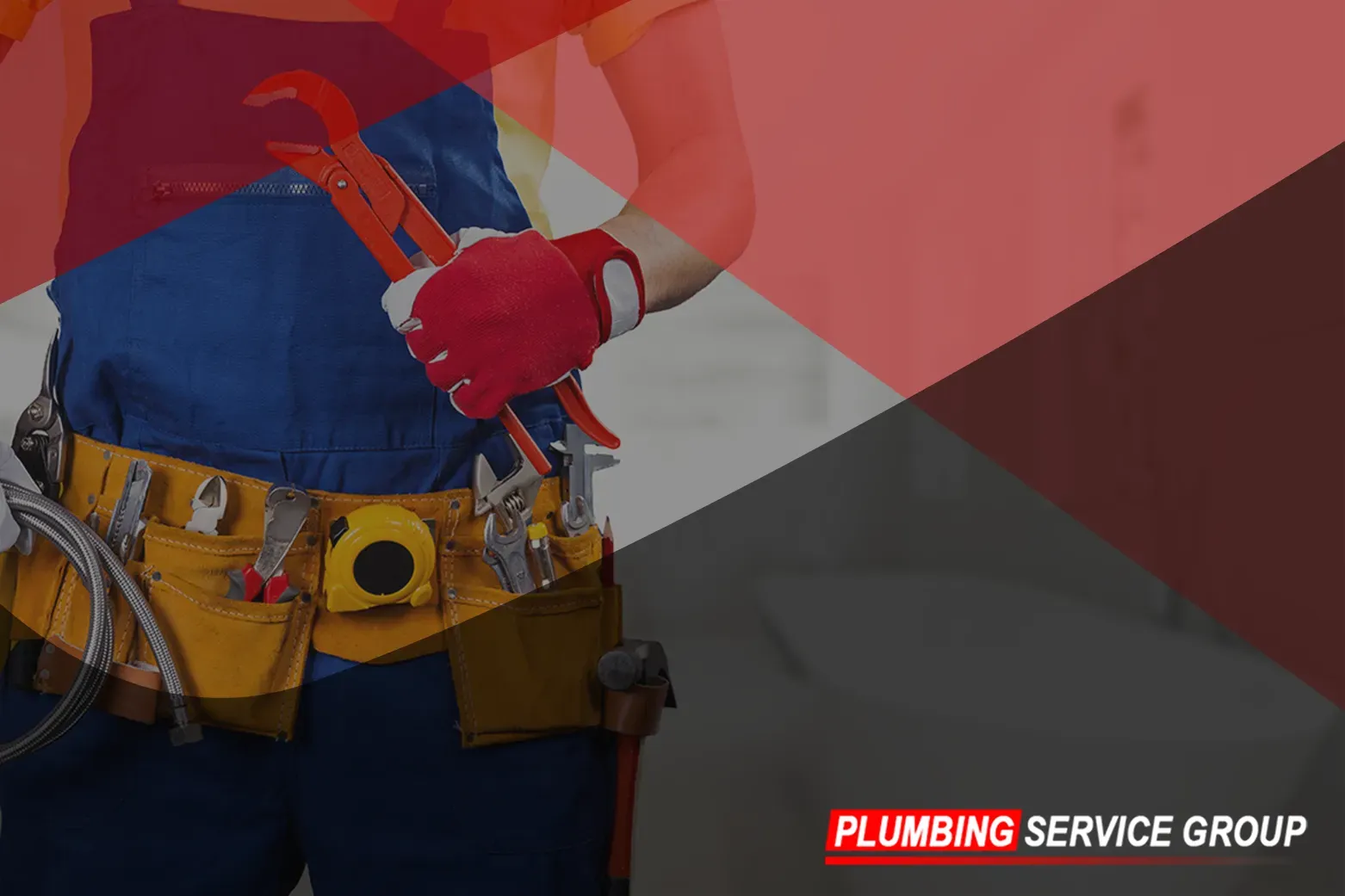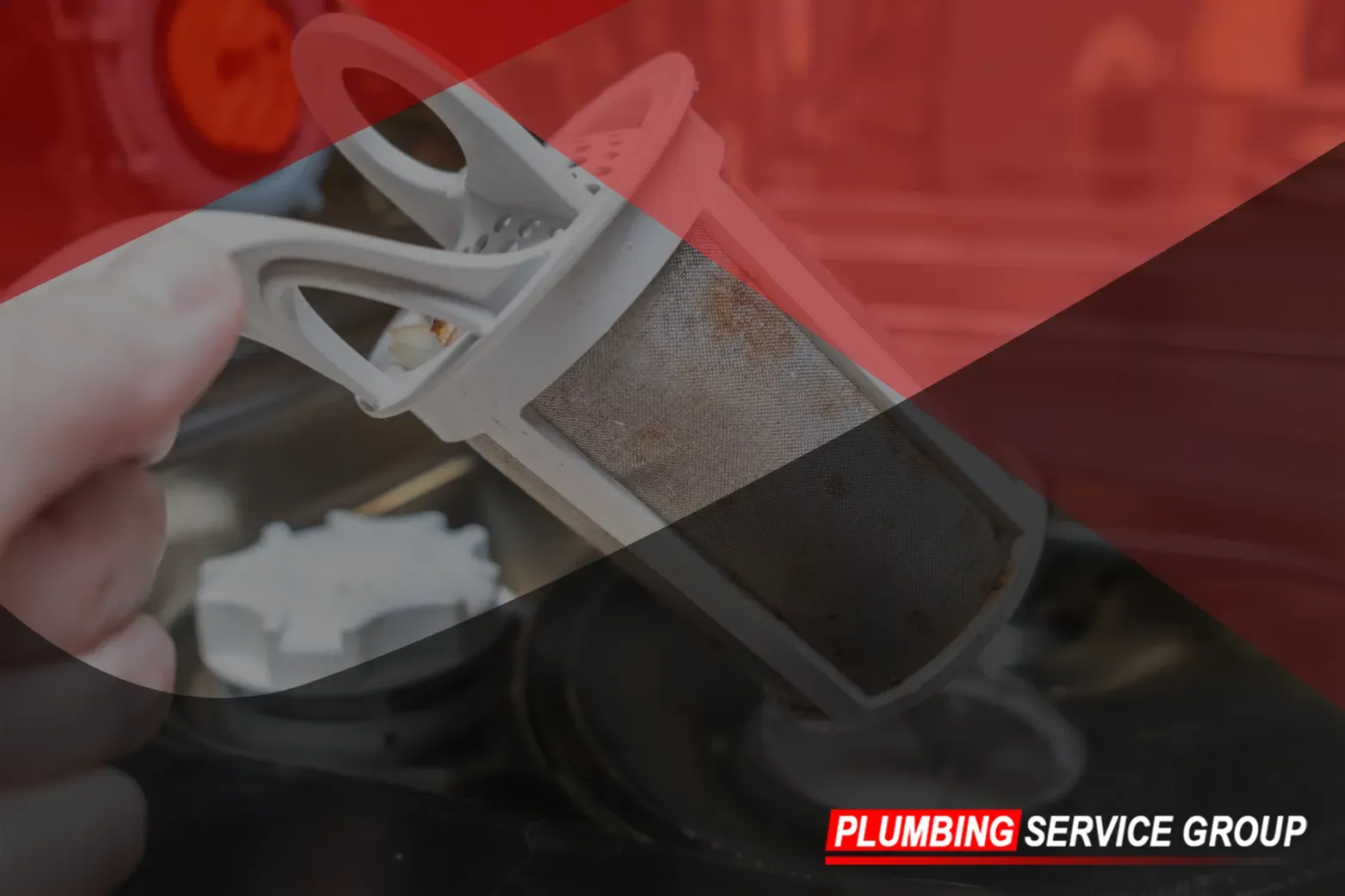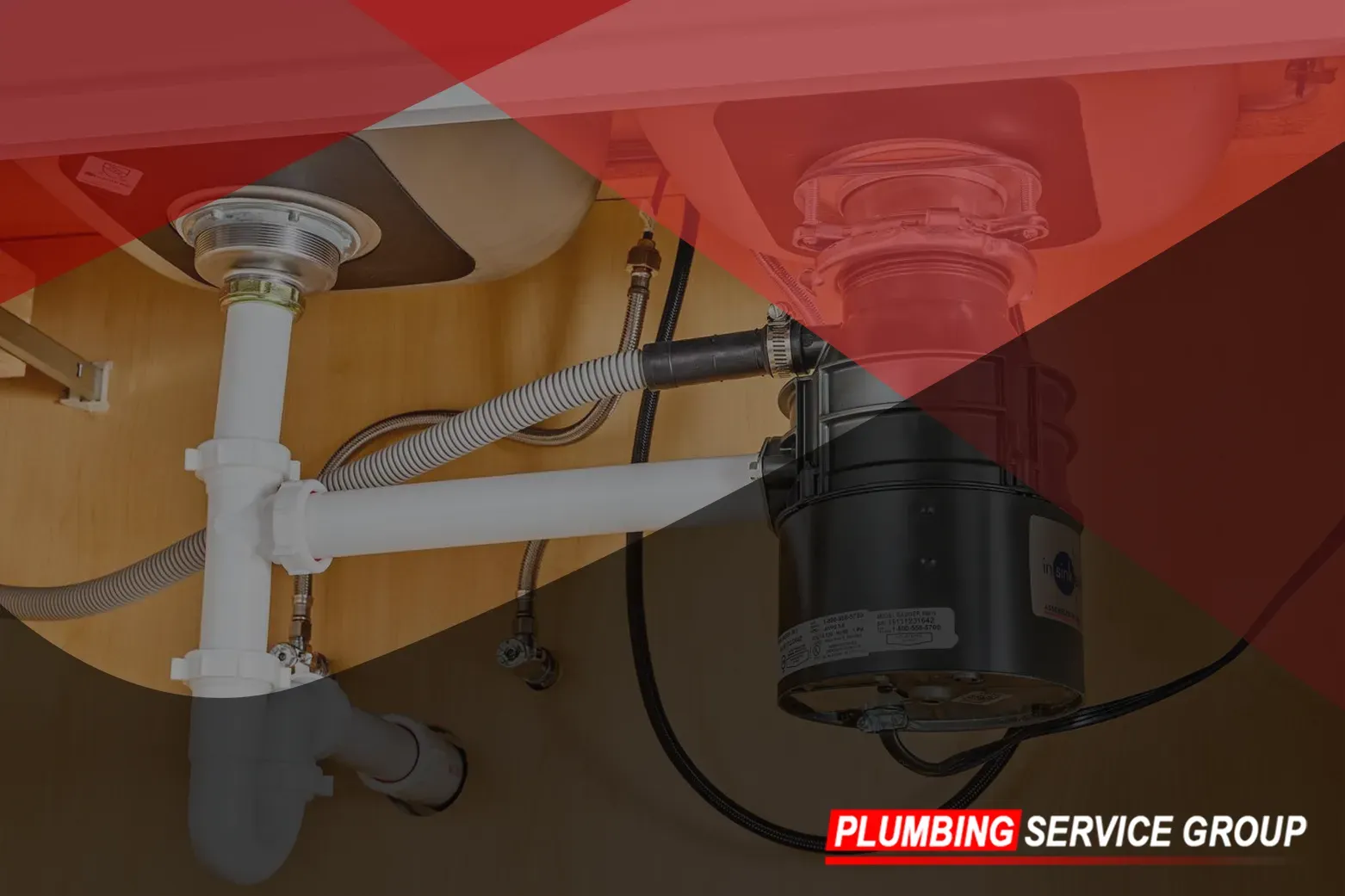Get in touch
555-555-5555
mymail@mailservice.com
How Long Does It Take to Become a Plumber?
Becoming a plumber is an excellent career choice that offers stability, job security, and the opportunity to make a positive impact in your community. However, aspiring plumbers often wonder: how long does it take to become a plumber? In this guide, we'll explore the various steps involved in becoming a plumber and provide insights into the timeline for completing training and certification requirements.
Training and Education:
The journey to becoming a plumber typically begins with obtaining the necessary education and training. While requirements may vary depending on location, most aspiring plumbers pursue a combination of formal education and hands-on training through apprenticeship programs.
1. High School Education: Many aspiring plumbers start by completing their high school education or obtaining a GED equivalent. Courses in mathematics, science, and technical subjects can provide a solid foundation for a career in plumbing.
2. Vocational Training: After high school, aspiring plumbers can enroll in vocational or trade schools that offer plumbing programs. These programs typically range from several months to two years and provide comprehensive training in plumbing principles, codes, and practices.
3. Apprenticeship Programs: One of the most common paths to becoming a plumber is through participation in an apprenticeship program. Apprenticeships typically last between four to five years and involve a combination of classroom instruction and on-the-job training under the supervision of experienced plumbers.
Certification and Licensing:
In addition to completing training and education requirements, aspiring plumbers must also obtain certification and licensing to practice professionally. Requirements vary by state and locality but generally include passing a written exam and fulfilling experience or apprenticeship hour requirements.
1. Journeyman Plumber: After completing an apprenticeship program and gaining sufficient experience, aspiring plumbers can apply for journeyman plumber status. Journeyman plumbers are licensed professionals who can work independently under the supervision of a master plumber.
2. Master Plumber: To achieve master plumber status, plumbers must typically accumulate additional experience, pass a master plumber exam, and meet any other state-specific requirements. Master plumbers have the highest level of certification and can work without supervision, oversee plumbing projects, and even start their plumbing businesses.
Timeline for Becoming a Plumber
The timeline for becoming a plumber is a journey that varies for each individual, influenced by factors such as educational background, training opportunities, and apprenticeship availability. On average, aspiring plumbers can expect to invest approximately 4 to 5 years to complete the necessary steps to become a journeyman plumber.
1. High School Education:
The journey often begins with a high school diploma or GED equivalent. High school coursework in mathematics, science, and technical subjects lays a strong foundation for future plumbing studies.
2. Vocational Training or Trade School:
Many aspiring plumbers opt to enroll in vocational training or trade schools offering plumbing programs. These programs typically range from several months to two years, providing comprehensive instruction in plumbing fundamentals, codes, and practices.
3. Apprenticeship Program:
An integral part of becoming a plumber is participation in an apprenticeship program. These programs, which typically last 4 to 5 years, combine classroom instruction with on-the-job training under the supervision of experienced plumbers. Apprentices learn essential skills, gain hands-on experience, and earn a wage while working towards becoming a journeyman plumber.
4. Journeyman Plumber Certification:
Upon successful completion of the apprenticeship program and meeting state-specific requirements, apprentices can apply for journeyman plumber status. Achieving journeyman plumber certification marks a significant milestone, allowing individuals to work independently under the supervision of a master plumber.
5. Master Plumber Certification:
For those aspiring to reach the pinnacle of their plumbing career, pursuing master plumber certification is the next step. Requirements for obtaining master plumber status vary by state but typically include additional experience, passing a master plumber exam, and fulfilling any other state-specific criteria. Master plumbers have attained the highest level of certification, enabling them to work autonomously, oversee projects, and even establish their plumbing businesses.
While the average timeline for becoming a journeyman plumber ranges from 4 to 5 years, the path to master plumber status may take several additional years. The duration of this journey depends on factors such as state requirements, individual dedication to professional development, and the availability of apprenticeship opportunities.
The timeline for becoming a plumber is a dynamic process shaped by education, training, and practical experience. By embarking on this rewarding career path, individuals can enjoy a fulfilling profession with opportunities for growth, skill development, and making a meaningful impact in their communities.
In conclusion, while the path to becoming a plumber requires dedication, hard work, and commitment, it offers rewarding opportunities for career advancement, financial stability, and personal fulfillment. By pursuing the necessary education, training, and certification, aspiring plumbers can embark on a fulfilling career that makes a difference in their communities.
Plumbing Service Group offers
expert repair and
maintenance services for every type of plumbing problem. Feel free to contact us.
Office
Email us
Call us
All Rights Reserved | Plumbing Service Group

